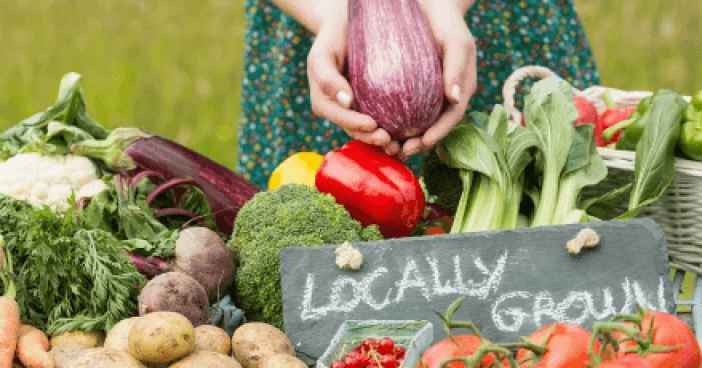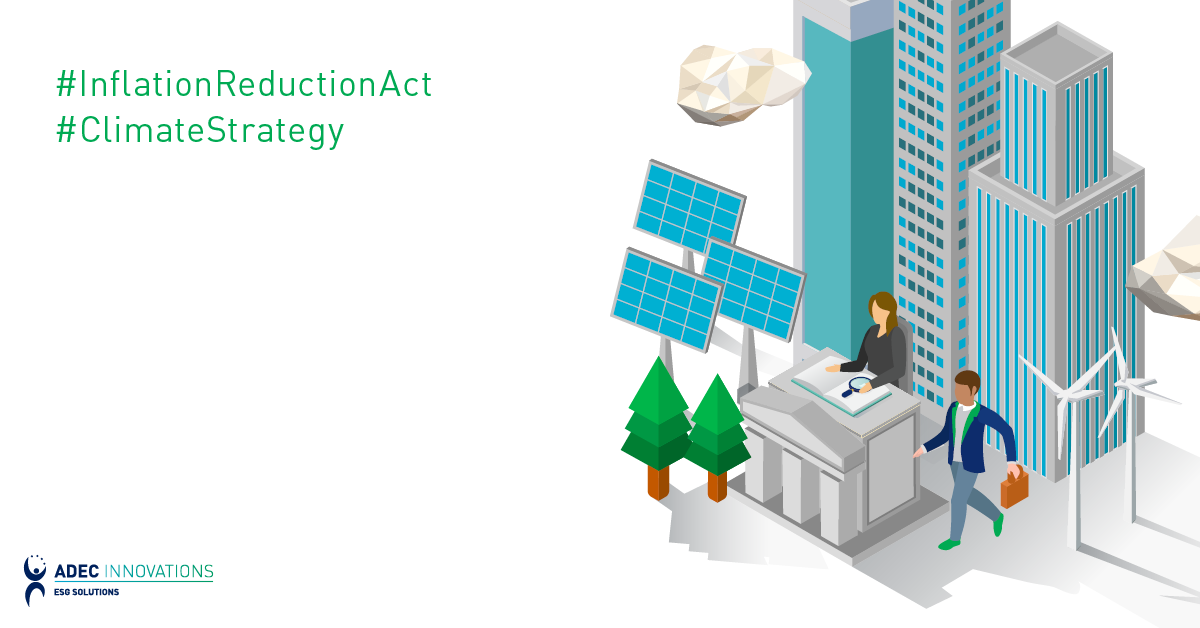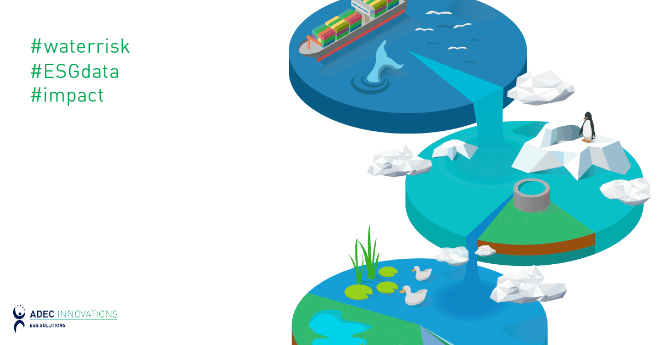Climate change continues to be a global issue. In 2016, there is a sense of optimism after the success of COP21 last December. Climate change is defined as a change in global or regional climate patterns; in particular, a change apparent from the mid-to-late 20th century onwards, and attributed largely to the increased levels of atmospheric carbon dioxide produced by the use of fossil fuels. Climate change poses the biggest potential threat to the global economy in 2016.
Climate change will have a significant effect on food security worldwide, specifically for the poor and for people living in tropical regions, according to a new international report from the National Center for Atmospheric Research (NCAR).
With this, progress towards developing food security will be challenging to sustain. The report mentions that food security will be affected by numerous factors related to climate change.
What are these effects?
- The risk of climate change goes beyond agricultural production; it also extends to global food systems including processing, storage, transportation and consumption.
- Warmer temperatures and changes in rainfall patterns will affect livestock and crops, and can also cause disorder in transportation systems and degrade food safety.
- Warmer temperatures can cause adverse impacts on food storage and intensify food safety risks.
- Higher sea levels and fluctuations to lake and river levels can affect modes of transportation, specifically in moving food supplies from one place to another.
- Marine life is affected as levels of carbon dioxide (CO2) in the air are increasing ocean acidity.
- Technological advances, increases in population, the distribution of wealth and changes in eating habits are also noticeable.
The threat of climate change on livestock and crops is estimated to be bigger for tropical and subtropical regions such as Africa and South Asia, but there will still be regional variations. Temperate regions are less at risk when it comes to the threat of climate change. On the other hand, if society continues to produce more carbon dioxide and various greenhouse gases (GHGs) that cause climate change, even lower-risk regions may face negative outcomes.
Wider use of advanced growing methods, improvements in transportation infrastructure and development of food storage capacity in warmer regions will help combat the threat of climate change to food security. Adapting to these steps may be challenging due to the availability of water, soil nutrients, infrastructure, funding and other factors, but will help ensure that people will have their next meal.
FirstCarbon Solutions (FCS) is a leading provider of environmental and sustainability solutions with expertise in delivering fully-integrated consulting, software and data management services. We help governments and organizations improve performance by recognizing challenges that need to be addressed with appropriate solutions. To stay current on global sustainability trends and to learn more about our perspective, subscribe to our monthly newsletter, GreenWatch.





